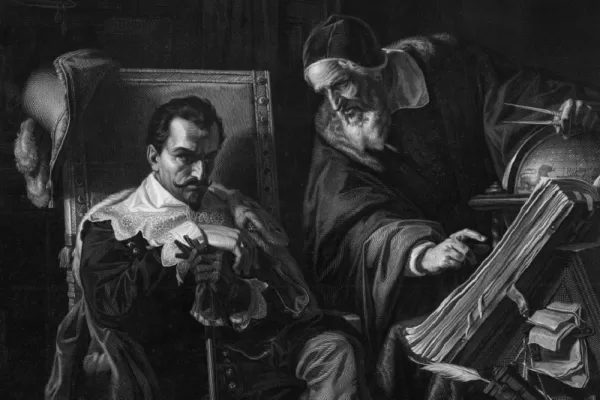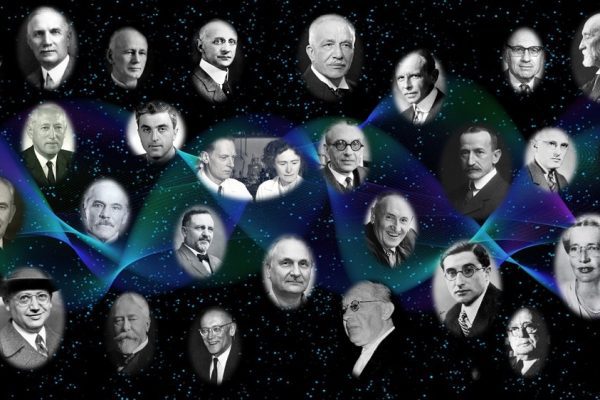Jan Hus (1369 – July 6, 1415), sometimes Anglicized as John Hus or John Huss, also referred to in historical texts as Johannes Hus or Johannes Huss, was a Czech theologian, philosopher, master, dean, and rector of the Charles University in Prague. He became a church reformer, an inspirer of Hussitism, a key predecessor to Protestantism and a seminal figure in the Bohemian Reformation.
I have often described Jan Hus as a martyr and as a forerunner of the German Reformation, and both statements are to a certain extent true. It has equally been attempted to blacken the memory of Hus, frequently by the most unworthy means.

As an enthusiastic Bohemian patriot and as a fervent and pious Christian, whose life-purpose was to strive for a return to the conditions of the apostolic church, and to rescue the Church of Rome from the state of unspeakable corruption into which it had then fallen; and from which, partly by the action of Jan Hus, it has since been delivered.
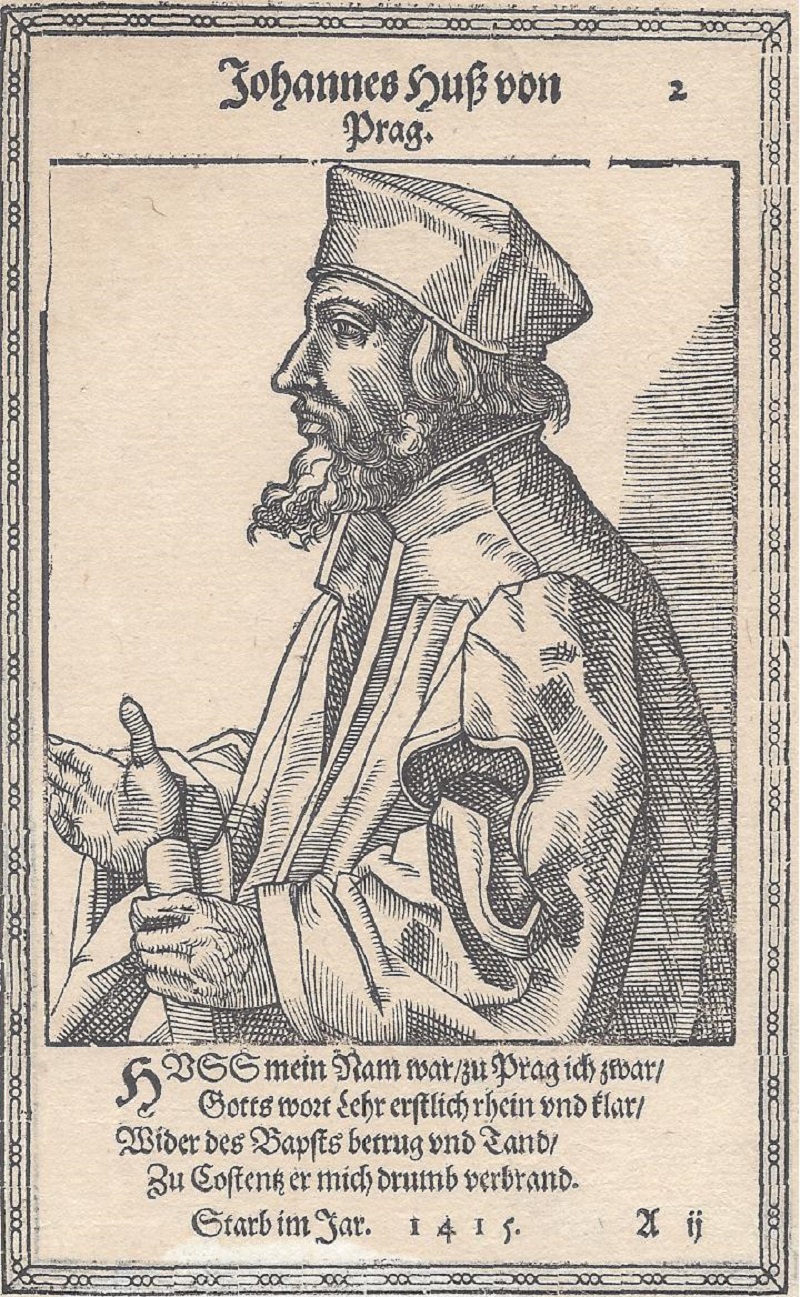
It is no part of my task to prove that Jan Hus was perfect. No man would have resented such an attempt more than he, who in his writings constantly refers in a childlike and touching manner to his — very insignificant — shortcomings.
That my sympathy is entirely with Jan Hus has, I hope, been to me an inducement to sift carefully all reliable evidence that may be contrary to him, and to study diligently the writings of all those who have written unfavourably of Hus.
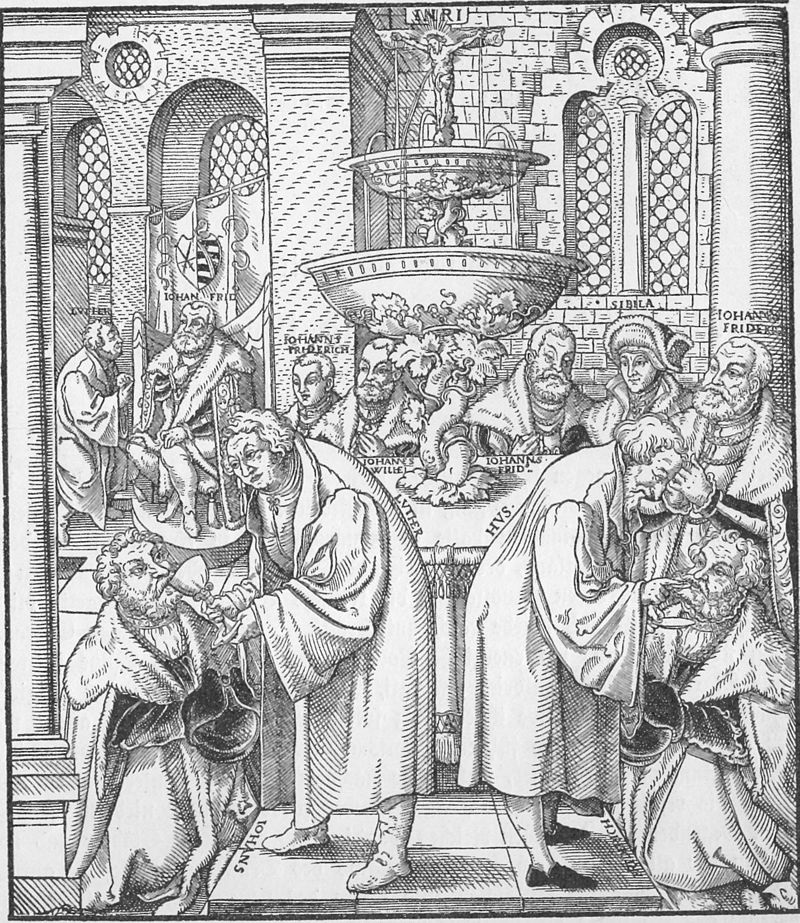
This impartiality appears to me as a duty for those who attempt, as historians, to pass judgment on the great men of bygone days. Not one of these great men has been judged more differently than Jan Hus; and recent German historians have with great ingenuity attempted to classify the writers who have dealt with the life of the greatest man who belonged to the Czech or Bohemian race.
It suffices to note here that these writers are favourable to the Church of Rome and therefore, though often with great limitations, hostile to Jan Hus, or opponents of Rome, who revere in him one of the earliest champions of religious liberty and one of the forerunners of the German Reformers. This division may appear obvious, but it is far less absolute than might be imagined. Thus Romanist writers who belong to the Czech or Bohemian nationality have often written somewhat favourably of Jan Hus.
Though condemning those of his views — far less numerous than has often been thought — which are opposed to Rome, these writers have done thorough justice to the beauty of his truly saintly character, and they have admitted that it was the virtuous indignation caused in him by the immoral life led by many — and principally the higher — ecclesiastics of the Roman Church that induced him to denounce that church in very strong terms.
On the other hand, Protestant German writers have, principally within the last years, violently attacked the memory of Jan Hus. They saw in him mainly the undaunted champion of the oppressed Czech or Bohemian nationality.
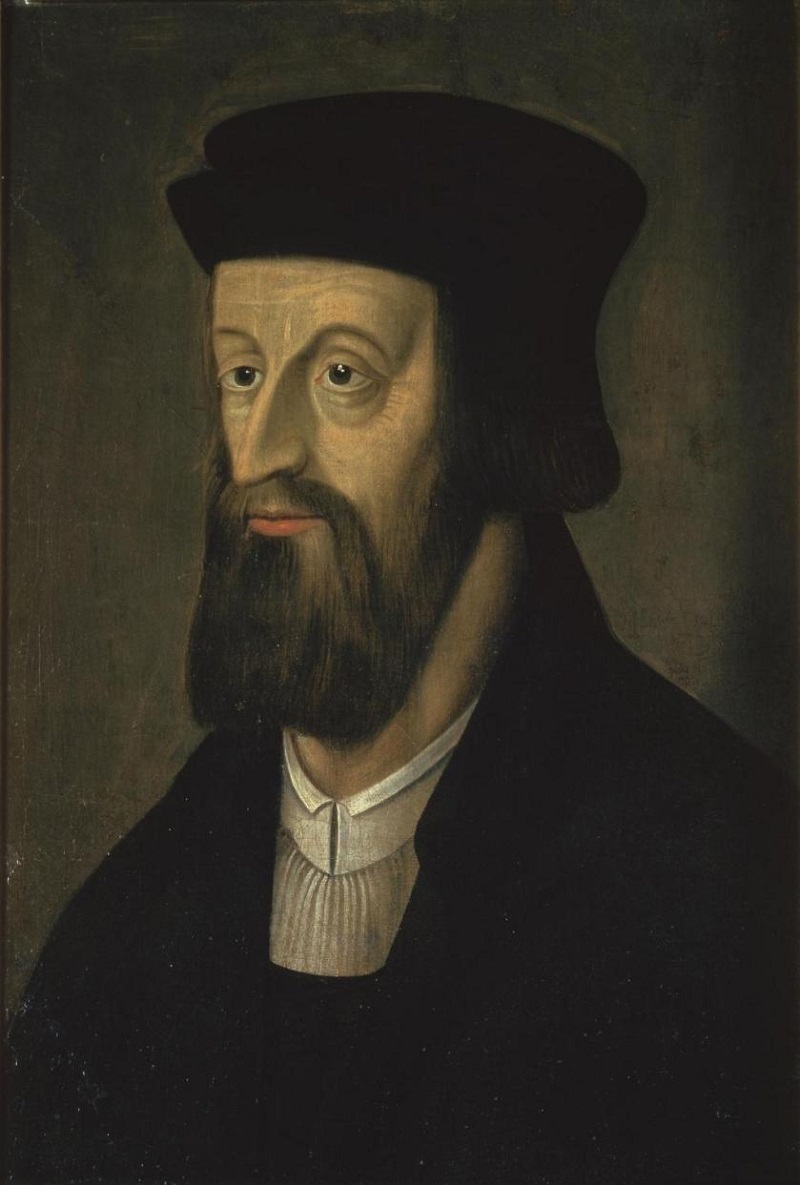
It was found easier in Germany to render justice to Jan Hus at a time when the national cause for which he struggled so manfully appeared to be doomed, than it is now, when the Bohemian language, which owes so much to Hus, has attained a development undreamt of a century ago.
Incidentally, and no doubt unintentionally, these German writers have done great service to the fame of Jan Hus by drawing attention to the great part which he played as a Bohemian patriot.
It was the word of Jan Hus, and the sword of Jan Žižka, which preserved the autonomy and the national character of Bohemia, which at the period of the Hussite wars were seriously menaced by the numerous German colonists whom the policy of the Přemyslid princes had established in the Bohemian towns.
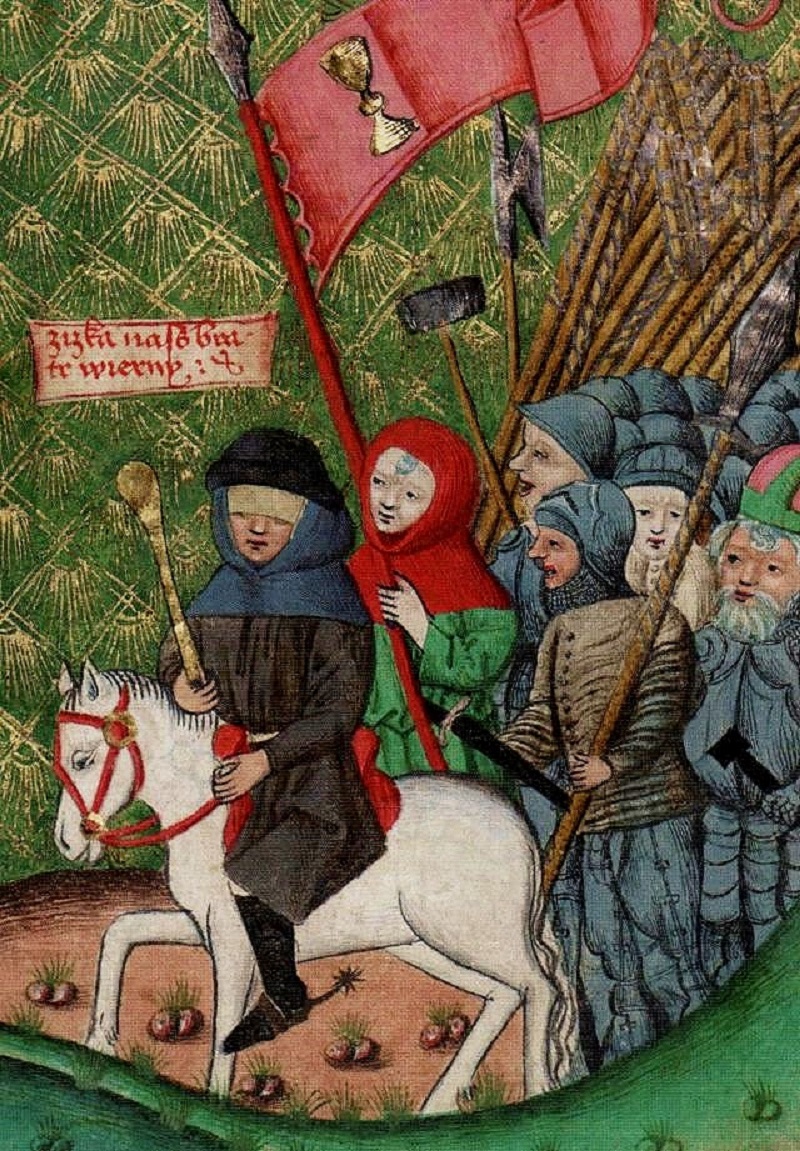
It will, of course, be my duty to point out the great part that Jan Hus played as a Bohemian patriot. He believed as firmly as the Bohemian patriots of the present day that the nation as an individuality stands and falls with its language.
Jan Hus devoted much time and care to the development of that language, and a little-known part of his activity also consisted in his endeavour to introduce into the churches the singing by laymen of hymns in the national language.
The fact that the movement in favour of church-reform, which had in England found expression in the writings of Wycliffe, found in Bohemia a particularly fruitful soil, was a consequence of the condition and history of the country.
Bohemia had first received the Christian teaching from Greek monks of Salonika (Thessaloniki), and even after it began to form part of the Western Church, Roman institutions penetrated into the country gradually and slowly. Thus the celibacy of the clergy was introduced into Bohemia later than into most countries, and it seems probable — though this is a most controversial matter — that communion in the two kinds continued to be customary there up to a late period, perhaps up to the beginning of the fifteenth century.
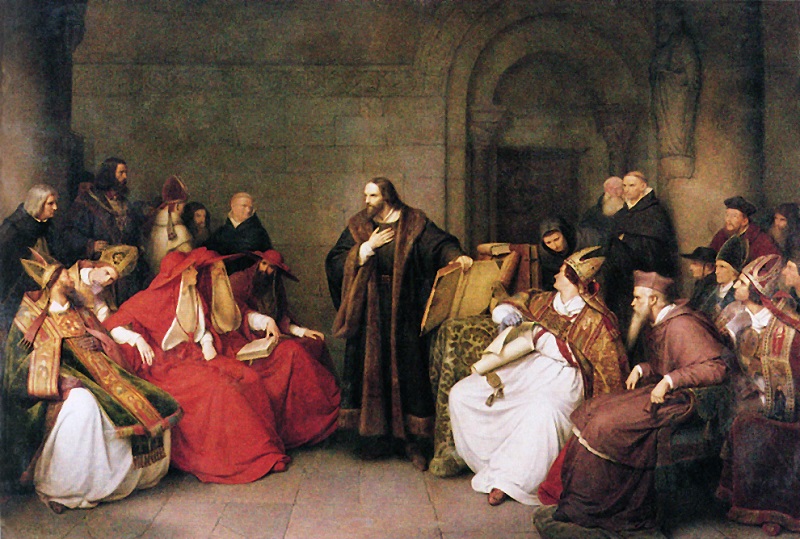
It also requires mention that, in consequence of its geographical position, Bohemia for a long time suffered less from the extortions of the Roman pontiffs than many other countries. Only when, in consequence of the schism, the rival popes found that the number of countries from which they could derive funds was diminishing, the claims of Rome on Bohemia became more urgent and more frequent.
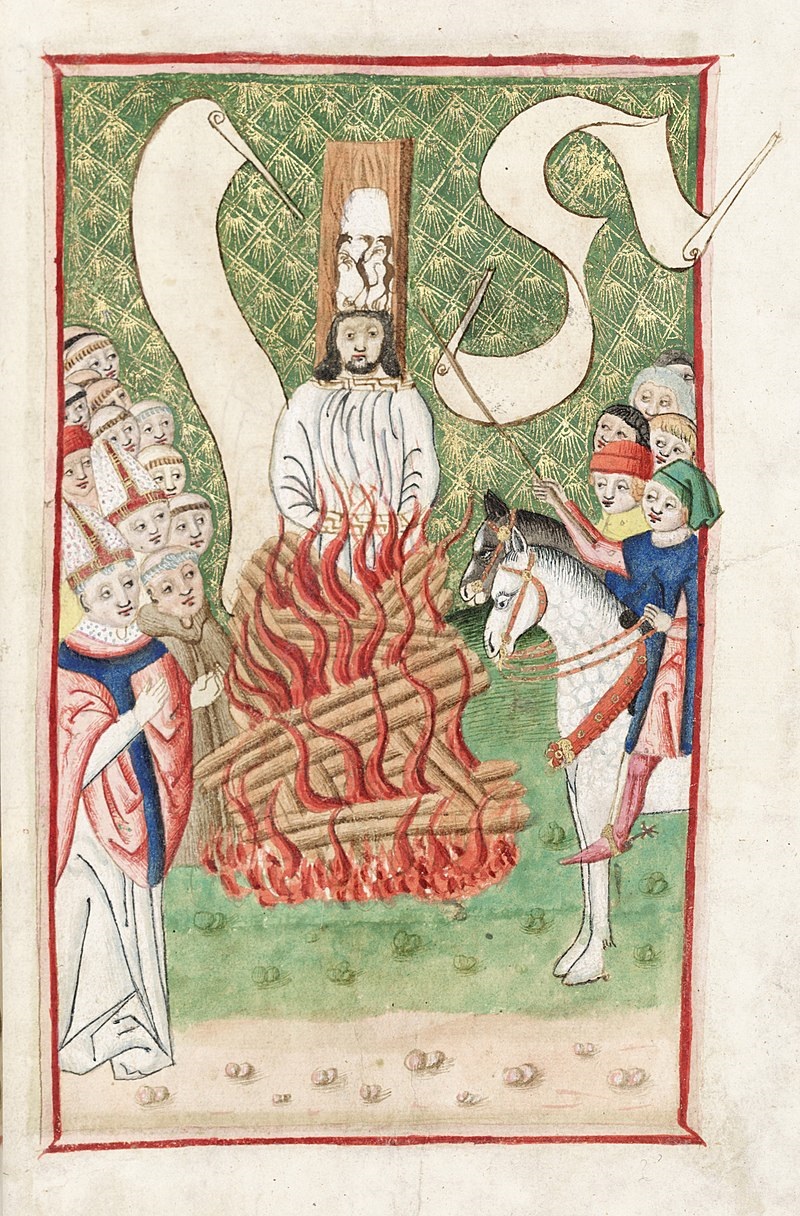
The discontent caused by the rapacity of the rival pontiffs, whose violent controversies did not raise the Western Church in the esteem of the Bohemian people, found a centre in the University of Prague. Under the influence of this university, a school of theologians sprung up who are known as the forerunners of Jan Hus. These writers long remained almost unknown, and it is only since the revival of Bohemian literature in the nineteenth century that their works have again attracted attention.
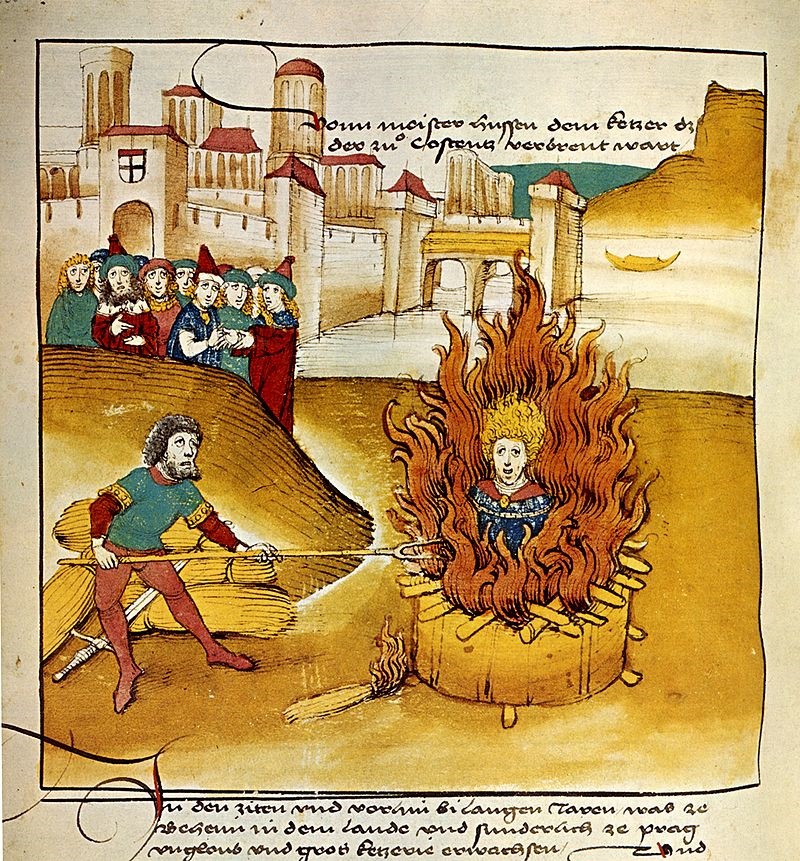
Even now, much work has to be done and much remains unprinted. Still, it can already be stated that recent research has thrown much new light on Jan Hus and the Hussite movement. I have in this work endeavoured to give a resume of the studies of modern Bohemian writers on this movement. These works, mostly written in the national language, have not received hitherto the attention they deserve.
I may here state it that these writings prove the existence in Bohemia of a strong national movement in favour of church-reform, which depended by no means entirely on foreign influences.
As Dr. Kybal recently wrote in his valuable work on Matthew of Janov, the greatest of the forerunners of Hus: “The view that Hussitism is merely artificially fostered Wycliffism appears to me logically and historically as nonsense.” It would be invidious to attribute to racial antagonism the recent attempts of German writers to depreciate the importance of Hus. Yet it is certain that the German writers, who recently have extolled Wycliffe at the expense of Hus, have attributed to the English divine greater originality and greater depth of thought than is generally attributed to him by his countrymen.
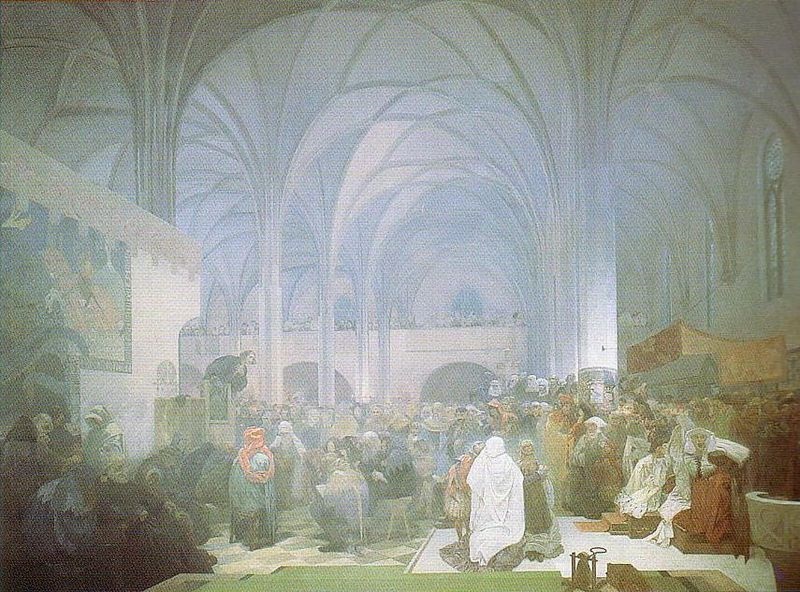
*The above text is primarily from the Preface of the book The Life and Times of Master Jan Hus by Count Francis Lützow.
Watch what occurred because of Jan Hus being burned at the stake and the defenestration in Prague from 1419 to 1620. (Note: The image will change showing various slides.)

In the following 30 minute video, you will have a quick lesson on Joh Hus and his life. We hope you enjoy it and have learned something new today about Czech history.
You may also be interested in our post American Czechs and their Religious Beliefs.
Share this site with your friends and leave your comments below.
We know that you could spend hours, days, weeks and months finding some of this information yourselves – but at this website, we curate the best of what we find for you and place it easily and conveniently into one place. Please take a moment today to recognize our efforts and make a donation towards the operational costs of this site – your support keeps the site alive and keeps us searching for the best of our heritage to bring to you.
We rely solely on your donations to keep the project going.
Thank you in advance!
If you have not already subscribed to get TresBohemes.com delivered to your inbox, please use the form below now so you never miss another post.




